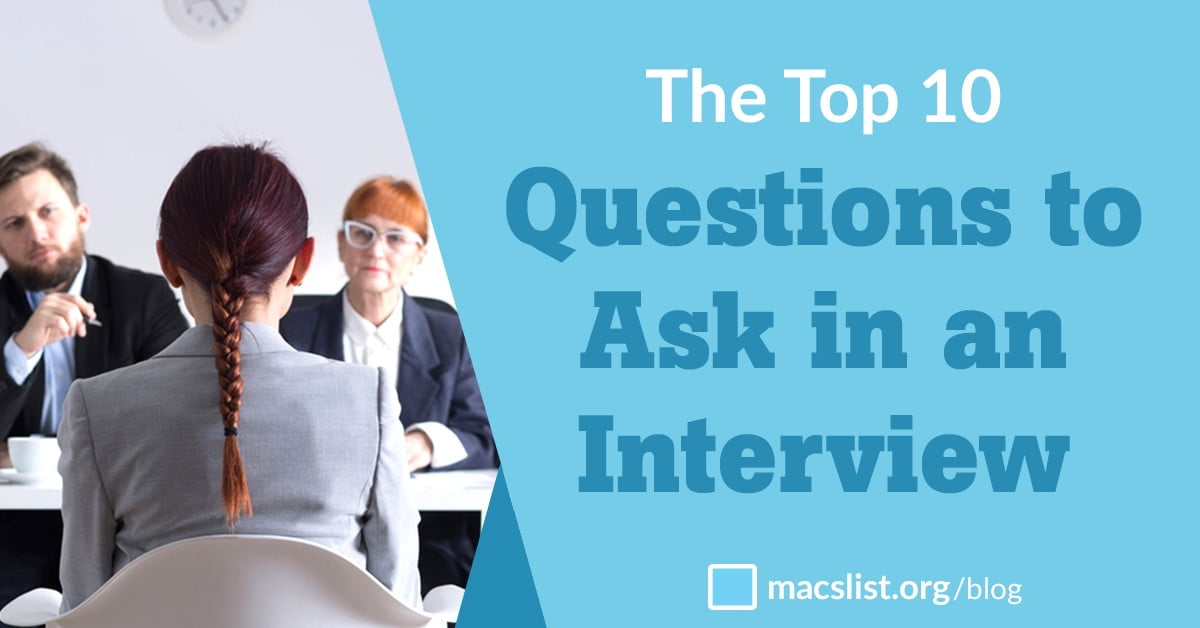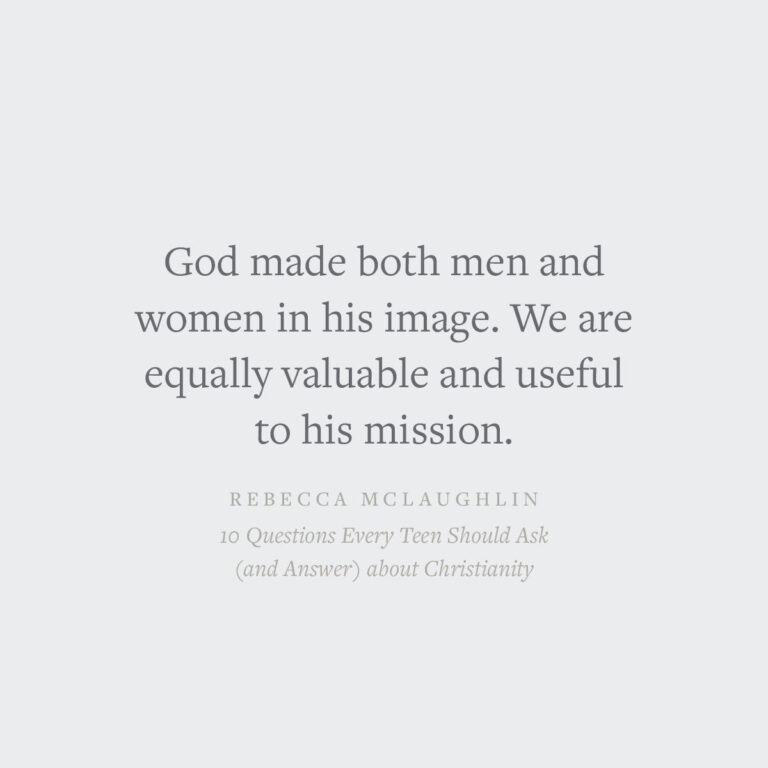
Top 10 Interview Questions for Freshers
Getting that first job can feel like a big, scary hurdle. But interviews don't have to be scary! This guide breaks down the top 10 questions freshers often get, making sure you're ready to rock the interview.
Tell Me About Yourself
This is your chance to show who you are and how you fit the job. Think about what's important about you. What skills did you get in school that are needed for the job? What kind of things can you do well, and what are you good at? Show them you know your value.
Why Are You Interested in This Role?
Employers want to see you really want this job! Research the company. What do they do? What's their goal? Why is the company's work important? Showing you care helps you shine. Connect your skills to their needs!
What Are Your Strengths and Weaknesses?
Think hard. What are your top talents? Strong communication, leadership, or maybe problem-solving? Choose three big strengths, no more. Then pick a "weakness." But don't just say "I'm bad at math." Show how you're fixing it.
What Are Your Career Goals?
Every person has dreams. What do you want in a career, a decade from now, maybe even ten years? How can you get closer to these goals with this job? Showing thought helps.
Why Should We Hire You?
Okay, time to sell yourself! Briefly say what's unique about you. What did you learn in school that's important to the job? Are you a strong worker? Explain why you deserve a spot. Show how you match the company's need.
What Are Your Salary Expectations?

Source: googleusercontent.com
This is important. Look up how much similar workers get paid. Knowing that will give you the right starting point, especially if you're just a graduate! Remember to also consider your experience levels. Do a little research—a few important searches on salary can give you direction.
Tell Me About a Time You Faced a Challenge and Overcame It.
Think of a tough moment. Did you have a hard time in school? How did you solve it? Employers look at how you handle trouble! Describe what happened, how you acted, and how you learned from it. This shows your work ethic.
What Questions Do You Have for Us?
Ask smart questions! This shows you are engaged. Check these to ensure you sound great: Questions on the company's projects or recent goals or team dynamics or job advancement! Avoid dull or personal queries. A great question demonstrates your keen interest. Ask about something very specific that really excites you about the company.
Are You Comfortable With a Fast-Paced Environment?
Some jobs are always bustling! Some companies work quick; others are steady. You can't be nervous—no one will like it if you aren't sure! Tell the hiring team whether this kind of speed matches your best ways to work!
Describe Your Ideal Work Environment.
Think about a cool place where you’d be super happy to work, where things feel calm or speedy. Your great surroundings could make work go super fast! Do you work best in big teams or small teams? Do you like quiet places or exciting environments? Tell them, so they see that the place fits you!
7 Ways to Ace Your Fresher Interview

Source: optimole.com
Interviews are important for your career. Knowing how to shine in one is key to landing that great first job. This guide shows you how to impress the employer, making sure you feel confident.
1. Research the Company and Role
Know the company, what they do and why it's important! Find their recent news, projects, and goals—showing you care will help you. Research the specific role. Understand its duties, goals, and responsibilities, linking your skills to the job's needs.
2. Practice Your Answers
Practicing makes perfect. Prepare answers to the most common interview questions! It makes the conversation smooth. Prepare short, positive answers about your skills and past experiences—think of specific, good stories, like successes or tough moments you handled!
3. Dress Professionally
Dress to impress! Think smart clothing and good hygiene. The clothes help create a professional impression. It demonstrates you are respectful. Dress according to the workplace's guidelines and common rules.
4. Arrive on Time
Arriving on time is essential for showing respect. If you arrive late, the employer will not take your candidacy seriously, it really hurts! Arrive at the interview area a bit early! This allows you time for questions or getting ready for the conversation!
5. Maintain Eye Contact

Source: co.uk
Making eye contact shows that you're interested and confident. It's like being a leader during an important discussion—showing your involvement shows respect to others, showing how great you are and getting an offer!
6. Ask Thoughtful Questions
Asking smart questions demonstrates engagement. Ask about team dynamics, projects, or future developments in the company. Avoid simple or personal questions. Show you're interested in the company and eager to learn more, adding to the positive vibe of the interview.
7. Follow Up
After the interview, a simple thank-you note demonstrates care. Summarize your interests and show your enthusiasm for the company and position, especially since many don't send notes now! Following up strengthens your interest in the opportunity—don't leave this step out!
5 Reasons Why Preparation is Key for Fresher Interviews
Getting ready for interviews is like getting ready for a big game. It's important to practice! Preparation isn't just smart; it's a key to success!
1. Boosts Confidence
Preparing makes you feel great! Knowing your answers builds confidence. Confidence is important in showing employers how much you are worth, and if you’ve got the confidence then they are likely more impressed with your personality!
2. Reduces Stress
Feeling ready helps reduce worries. Knowing the answers is like having a secret weapon for interviews! The less worried you are, the more calm and at ease you'll be—making sure to relax and show great confidence.
3. Enables Effective Communication
Preparation improves communication. It allows you to articulate thoughts clearly and effectively. Talking confidently about your experience is vital—practicing beforehand lets your voice show itself clearly! Good communication shows off your talents well and leaves a good impression.
4. Improves Your Chances of Success
Preparedness increases the chances of getting a job! Knowing the job duties, rules, and the answers helps you shine. By having good information, the interviewers recognize that you are great for their team—making you stand out from other candidates!
5. Sets You Apart From the Competition
When everyone else is unsure, your preparation is an important key to success. Showing that you are prepared shows the employer you are dependable, showing off that you have put in time and thought into what they require for this opportunity, and how well you prepare yourself. It truly puts you a step ahead!
6 Tips for Answering Tricky Interview Questions
Tough interview questions are normal! They're like tests to see how well you solve problems and how you react under pressure. This guide helps you answer these hard questions well!
1. Understand the Question's Intent
First, think about what the interviewer wants to know. They're not just looking for an answer; they want to understand how you think and how you approach a problem. Carefully consider what they really want to find out! This is important for focusing your answer on the correct response to the core inquiry.
2. Structure Your Response
Organize your answer into parts. Briefly tell your thought process first. Then, clearly explain what happened. End by saying what you learned, in the end you should look prepared for a problem! Structuring helps interviewers understand how well you deal with challenges or tough spots!
3. Provide Specific Examples

Source: ytimg.com
Instead of just stating, "I'm a good problem solver," give a real example! This shows interviewers the specifics. Did you ever make a mistake at school, and fix it to learn from the experience? Providing specifics from real events can be an example of a strong solution!
4. Be Honest and Authentic
Being honest makes you trustworthy. It shows you understand yourself, but you should also remember to answer honestly about mistakes as well—that you don’t know all the answers but try hard and have solutions when necessary, even with the things you have yet to solve! Honesty about shortcomings also helps!
5. Maintain a Positive Attitude
A positive attitude matters. Show that you take the question seriously but are calm even if you are not exactly positive about an answer! If something happens during the question then keep in mind to give them confidence. Don’t make up false confidence; real positive confidence matters, as being trustworthy makes you shine.
6. Practice Handling Difficult Questions
Practicing tricky situations can make you better. Imagine how you might deal with tricky inquiries ahead of time. Even making a fake interview helps give you a way to prepare and feel ready—so don’t fear the unknowns. Preparation can reduce anxiety and prepare your solutions in advance, making your skills obvious!
9 Mistakes to Avoid in Your Fresher Interview
A strong interview shows your best self! These common mistakes can really hurt your chances. Let's look at how to avoid them!
1. Arriving Late
Arriving late is a big no-no! It shows a lack of respect. Being late can ruin a great interview. Make sure to plan plenty of time to get to the place, checking the route for traffic—being organized makes an excellent impression.
2. Dressing Inappropriately
Dress appropriately! It shows you care about the job and the company. Make sure to research company dress code and culture—knowing the basics of attire lets you look your best and confident!
3. Being Unprepared
Being unprepared is a critical mistake! Having solid answers to common interview questions shows confidence. Prepare answers and examples ahead of time to show you've put in the necessary work.
4. Lacking Enthusiasm
Showing enthusiasm matters a lot! Show you’re excited about the role and company. Talking with energy makes a positive impression on the interviewer! Show sincere interest in the work and job duties!
5. Giving Generic Answers
Avoid giving vague responses! Provide detailed examples and experiences to show your skills. Make sure that the answers given are honest, relevant, and make sure they sound natural—practicing answers helps a great deal.
6. Interrupting the Interviewer
Interrupting the interviewer is impolite. Let the interviewer finish talking before answering! Showing patience makes a great impression and demonstrates confidence.
7. Checking Your Phone

Source: slidesharecdn.com

Source: naukri.com
Checking your phone is disrespectful. Focus entirely on the interviewer—giving them your full attention builds respect for them and shows professionalism! Turn off phone notifications!
8. Not Asking Questions

Source: macslist.org
Asking good questions shows genuine interest! Showing curiosity makes you seem interested in the role and the company! This really helps you shine as an ideal candidate, asking good questions about the work is vital.
9. Neglecting to Follow Up
A simple thank-you note strengthens your interest. Following up is crucial to demonstrate continued enthusiasm and initiative—remember to thank the interviewer in a note. Make a thank-you message to really finish off well.
Key Takeaways and Next Steps
Getting ready for an interview takes time and focus. This wasn't a quick read. Putting in the effort makes all the difference. Let's look at the important points.
Key Takeaways: A Summary
Interviewing is about showing your best self. Preparation is vital. Focus on researching the company, practicing answers to tough questions, dressing professionally, and arriving on time. Remember to stay calm, listen well, show excitement, and don't forget the thank-you note. Showing these elements demonstrates strong interview skills.
How to Take Action
Success in interviews requires consistent preparation. Review the advice you've learned for how to shine, covering the areas discussed in the guide. Remember details: interview answers, your work experiences, and your excitement for the position. Think back on how well you responded to difficult problems to reflect on these strengths—your skills are a major key to being successful!
Prepare for the Interview Process
Make sure you practice confidently, as that builds essential interview skills. Understanding the position will help. Thinking through common and unexpected interview questions—that is, practice! —can also build interview skills, adding important components that will greatly benefit you! Practice with a friend or family member for the added benefits, to test the effectiveness of answers!
Your Personal Growth in the Interview Process
Success comes from a good strategy! Take these next steps and show yourself ready to take on the next interview, preparing for similar situations. Remembering that great employers want employees with the same quality makes the steps ahead smoother. Being mindful of details of past interviews really helps your preparation! Making your preparation personal will help, tailoring it specifically to you helps.
Reflect on the Interview
Understanding how these parts connect is essential for future interviews, because they will provide invaluable help for next interviews—don't forget about preparation for your next interview! Thorough review of the interview and identifying your top performance—whether you succeed or face challenges—is important! Recognizing strengths and areas that need more practice from earlier is important! This practice can help, so don't neglect that important element in improving future interviews, which benefits the development of these vital interview skills that are essential. Reflecting and revisiting the areas will greatly benefit the person for a next step—review for future applications or further practices is advised to improve confidence in further efforts, whether interviews or career-focused initiatives!



